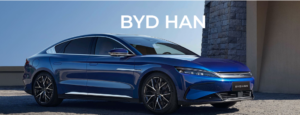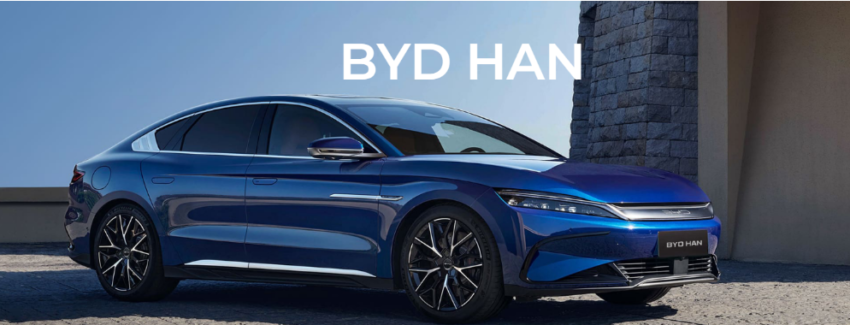China’s exports of passenger electric vehicles had a stunning increase, increasing by 107% year over year to reach almost 91,000 units in September. According to the China Passenger Car Association (CPCA) numbers issued on Wednesday, Tesla was in first place with a sizable shipment of 30,566 units from its Shanghai production.
With 28,039 and 12,678 units, respectively, BYD and SAIC came in second and third place, showing the competitiveness of the Chinese electric car market. A combined venture between Geely and Daimler called Geely and Smart provided 5,026 and 2,146 EVs to international markets. It is noteworthy that Xpeng Motors made its list debut this year by shipping 766 EVs in September.
According to official CPCA figures, 2.04 million passenger vehicles were sold in September, a 4.7% rise over the same month last year, which coincided with the jump in exports of electric vehicles. The number of new energy vehicles (NEVs), which made up 36.6% of all automobile sales and increased by 22.1% from the previous year, was substantial.
A number of local brands set sales records as a result of the increase in NEV sales. Due to the Mid-Autumn Festival and National Day vacations, September is typically a good month for automobile sales. However, this year, sales climbed, helped by a decline in the real estate market. Consumers shifted to buying cars when real estate investments declined, which helped the automobile sector.

Even though Tesla was the market leader for electric vehicles, its market share in China’s EV industry fell to 9.89% in the third quarter from 12.98% in the second quarter and 9.93% a year earlier. The business continued to thrive well despite this. With record-breaking sales of 287,454 NEVs in September, BYD announced a significant accomplishment. Li Auto also saw significant growth, delivering 36,060 automobiles, an astounding year-over-year rise of 212.7%.
The CPCA’s Secretary-General, Cui Dongshu, made a statement about the altering consumer mood. He pointed out that despite China’s economy slowing down, excitement for automobile sales remained high, with more individuals choosing to buy cars than invest in real estate. This pattern, together with the sharp increase in exports of electric vehicles, highlights the changing dynamics of the Chinese automotive sector, where electric vehicles are playing an increasingly important role in the expansion and competitiveness of the industry.
